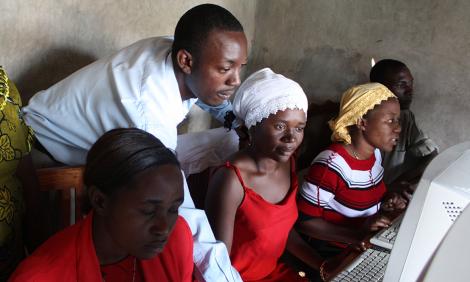
Feminist talk
Uganda urgently needs to prioritise gender equality online
Ahead of the launch of our Women’s Rights Online research, this series of guest blogs features on-the-ground perspectives from each of our research partners around the world. In this post, Irene Murungi, Gender Policy Officer at Women of Uganda Network (WOUGNET), talks about why it’s important to get more Ugandan women online and involved in internet policy debates.
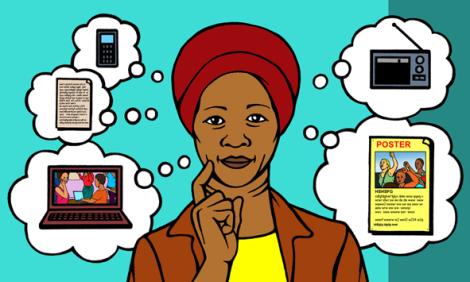
Feminist talk
Women in Africa and expression on the internet
We all have an interesting relationship with the internet. In many ways, our current relationships with the internet are indicators of the socio-cultural, economic and political contexts that we live and work in. For many women in the east and southern parts of Africa, our relations with the internet are deeply classed, with women living in urban and semi-urban areas having easier and more access…
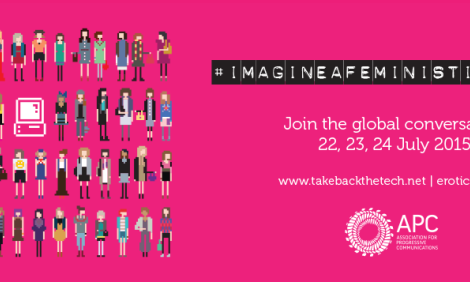
Feminist talk
Imagine a Feminist Internet: The conversation is on!
This year, a group of 45 activists, researchers, academics and techies are meeting again in Malaysia to deepen the discussion around feminism and technology. They will be tweeting on #imagineafeministinternet and we invite you to participate in the conversation by engaging with the hashtag and following @takebackthetech.
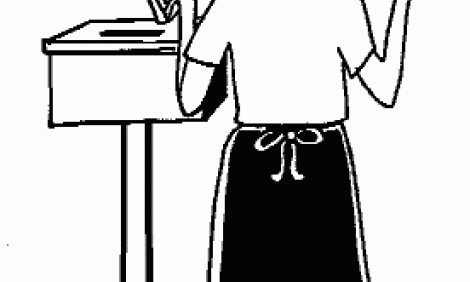
In depth
How technology issues impact women’s rights: 10 points on Section J
APC's advocacy for the re-prioritisation of Section J at the 59th session of the Commission on the Status of Women asks governments to recognise the critical role that the media and ICT play in both advancing and stifling women's rights. At the same time, it is vital that women's rights activists and organisations examine how ICT affects their work and take up Section J demands.
To that…
To that…
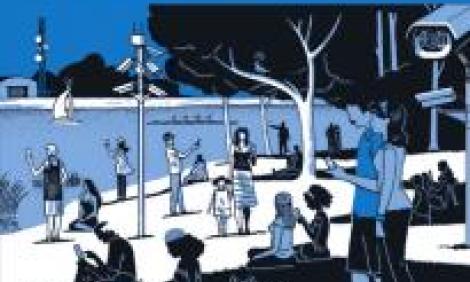
Publication
Gender dynamics need to be addressed in communications surveillance in Uganda
The incident involving the prime minister highlights why there is growing concern over the governance and regulation of communication surveillance, and how it is being used to infringe on one’s right to privacy in Uganda. Because this case affected a high-ranking Ugandan official, the question is, how safe is the ordinary Ugandan? And from a gender activist perspective, what are the gender…
Publication
Gender equality in the information society - a review of current literature and recommendations for policy and practice
The information society is not gender neutral – it has different implications for women and men, girls and boys, and for the relationships between them. It is therefore vital to begin reflecting more critically on how ICTs are changing the nature of gender relations in social, political, economic and cultural landscapes. On one hand is important to recognise and harness the potential of
…
…
Feminist talk
How technology informs my activism: A conversation with gender and technology activists in Barcelona
Interviewed during the APC Member Meeting in Barcelona, Spain, gender and technology activists Anne Roth, Hilary Goldstein, Marie Githini, and Sarah Marland, talked about how technology informs their activism and what turns them on about technology.
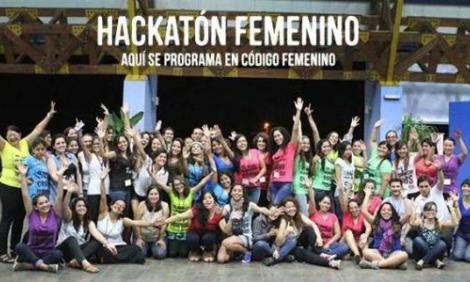
In depth
Participants in Costa Rican Women's Hackathon develop software applications to solve social problems
On 30 and 31 August 2014, 39 women engineers and technologists created nine prototypes of software applications aimed at solving social problems in the north of Costa Rica, at the First Women's Hackathon, organised by APC member organisation Sulá Batsú through its TIC-AS project, with the support of UN Women's Fund for Gender Equality.
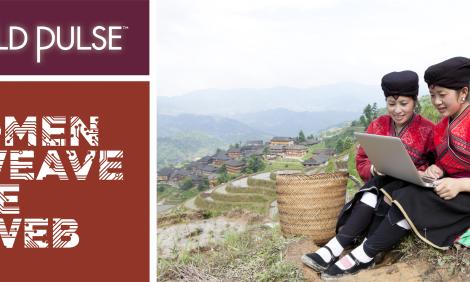
Feminist talk
Women Weave the Web: Digital inclusion and empowerment campaign
Want to learn more about the Women Weave the Web Campaign? You've come to the right place! Take a look at this page to get answers to all of the questions you may have about Wold Pulse's Digital Action Campaign. If you are looking for more general information on our Campaigns, please see our What is a Campaign? page.
Publication
Infographic - #StopStoning WOMEN NOW!
The infographic was produced as part of the WLUML global campaign to end the brutal practice of stoning. In fourteen countries around the world, this brutal punishment and form of torture continues to exist. The flyer highlights the case of a young woman who was stoned to death for having a cell phone in Pakistan. The campaign advocate for a UN resolution against stoning, ban of stoning in…




